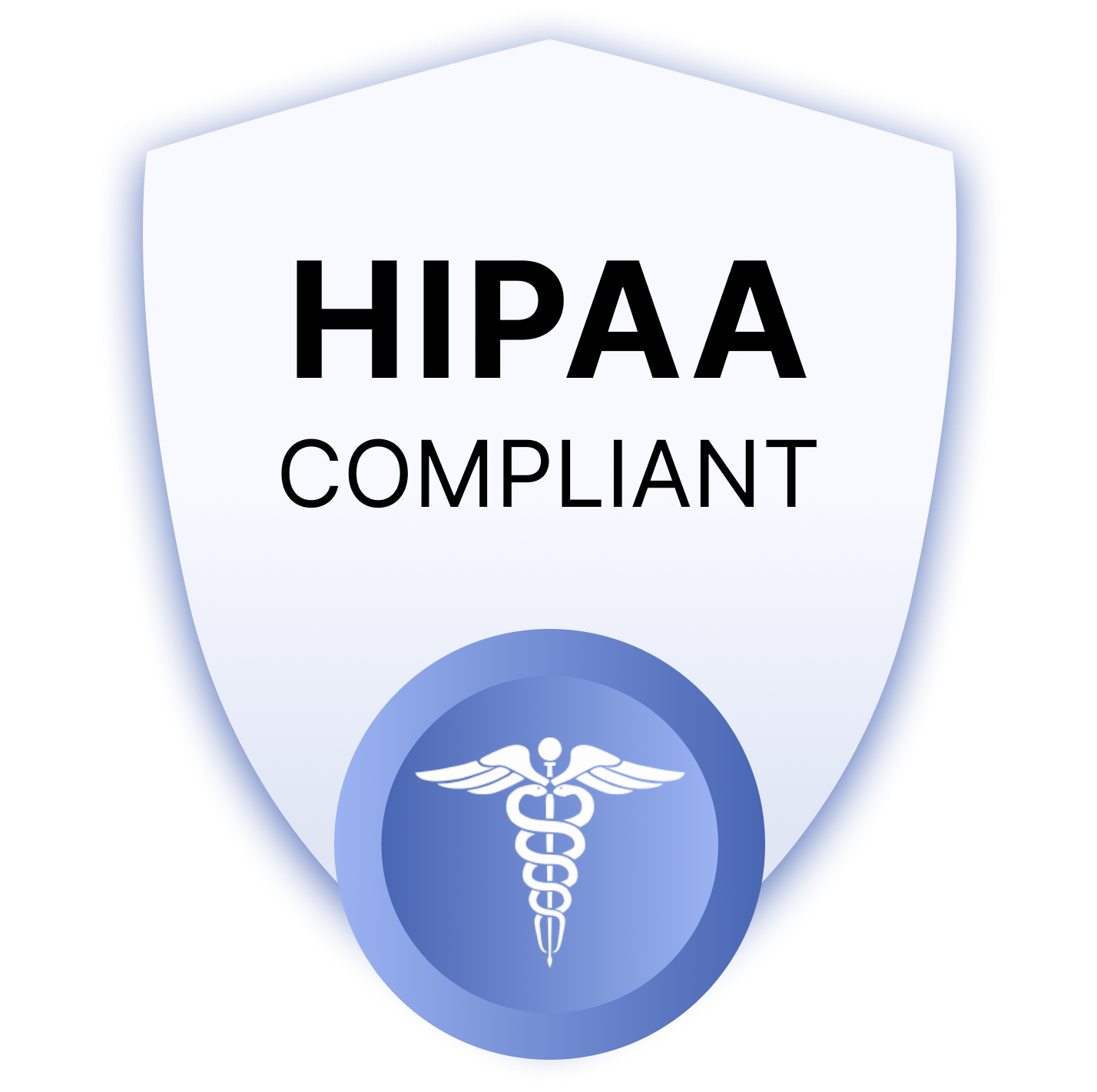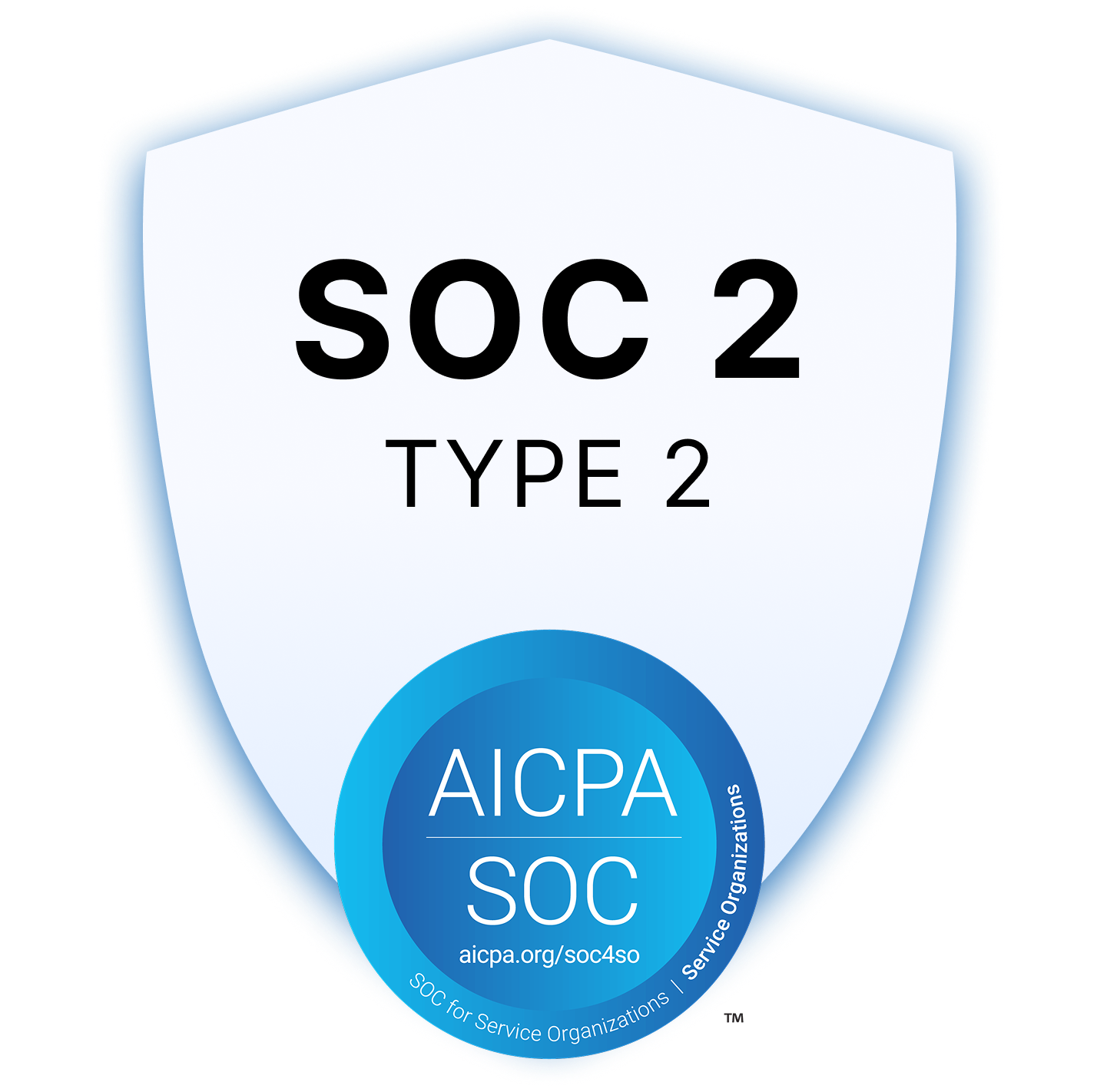
AI in Healthcare
8 mins
AI Agents in Healthcare: Types, Benefits & Implementation Tips
Summary
Your Competitors Are Embracing AI – Are You Falling Behind?
AI agents in healthcare are rapidly transforming how medical organizations operate. From improving diagnostics to automating administrative tasks, these intelligent systems are designed to reduce workload, enhance efficiency, and deliver personalized patient care.
Healthcare providers are increasingly adopting AI agents to streamline both clinical and non-clinical operations, ensuring better outcomes and optimized resources.
This guide explores what AI agents are, why they matter, their benefits, types, and practical implementation tips.
AI Agents in Healthcare: TL;DR
- AI agents in healthcare help automate tasks like diagnostics, patient engagement, administrative work, and compliance.
- They reduce costs, improve efficiency, and provide more personalized care.
- Different types include conversational AI, predictive agents, and compliance monitoring agents.
- Implementation requires a clear strategy, the right tools, and robust governance.
- Platforms like Keragon make integration and workflow automation simpler for medical organizations.
What Are AI Agents in Healthcare?
AI agents are autonomous software systems that perceive their environment, process information, and act toward achieving specific goals. In healthcare, these agents can handle everything from answering patient queries with conversational AI to analyzing imaging scans for faster and more accurate diagnoses.
Unlike traditional software, AI agents continuously learn and adapt. For example, AI voice agents in healthcare can improve their accuracy with each patient interaction. By 2025, the industry is seeing a shift toward agent-based systems that can operate across multiple touchpoints, ensuring consistency and scalability.
The Importance of AI Agents in Healthcare
Healthcare systems face rising costs, staff shortages, and increasing patient expectations. AI agents address these challenges by automating routine processes, reducing manual errors, and ensuring compliance with strict regulations.
For instance, AI agents in healthcare supply chains can predict shortages, automate inventory orders, and optimize logistics. At the same time, AI-powered support agents help manage patient communication, freeing clinicians to focus on treatment. The result is a healthcare ecosystem that is more resilient, efficient, and patient-centric.
How Healthcare AI Agents Work
AI agents operate by sensing input, processing data, and executing tasks. In a hospital, this might involve analyzing lab results, sending alerts to staff, or managing patient data. The agent’s underlying architecture can be rule-based, predictive, or utility-based, depending on the use case.
For example, predictive AI agents use machine learning models trained on medical datasets to suggest treatment options or identify at-risk patients. Conversational agents use natural language processing to interact with patients via chat or voice.
Platforms like Keragon can integrate these AI outputs into broader workflows, ensuring actions like sending reminders, updating records, or triggering escalations happen automatically.
Benefits of AI Agents in the Healthcare Industry
Cost Reduction
AI agents reduce administrative overhead by automating repetitive tasks such as scheduling, claims processing, and data entry. This lowers labor costs while freeing staff for higher-value work.
Improved Diagnostics
Predictive AI agents can analyze imaging scans or patient histories with higher accuracy than traditional methods. Early detection of diseases like cancer or heart conditions significantly improves outcomes.
Personalized Treatment
AI agents tailor treatment recommendations based on individual health records and lifestyle data. This supports more precise interventions and improved patient adherence.
Enhanced Efficiency
From managing hospital logistics to patient onboarding, AI agents streamline processes across departments. This leads to faster response times, fewer bottlenecks, and better use of resources.
Compliance and Risk Management
Agents designed for compliance monitoring help track regulatory adherence. They flag potential issues in real time, reducing the risk of penalties and ensuring patient safety.
Types of Healthcare AI Agents
Conversational AI Agents
These agents interact with patients through chatbots, virtual assistants, or call centers. AI voice agents in healthcare can handle appointment bookings, symptom checks, and post-treatment follow-ups.
Predictive AI Agents
Predictive agents analyze large datasets to forecast patient needs, disease progression, or hospital resource demand. For example, they can alert staff about potential ICU capacity shortages.
Document Processing Agents
Healthcare involves extensive paperwork. Document-processing agents automate the extraction and categorization of information from forms, insurance claims, and lab reports, reducing delays.
Compliance Monitoring Agents
These agents ensure organizations follow HIPAA, GDPR, and other regulations. They automatically audit data handling and raise alerts when anomalies occur.
Goal-Based Utility Agents
These more advanced agents can weigh multiple objectives, such as balancing cost, efficiency, and patient outcomes. They adapt dynamically to changing environments within hospitals.
AI Agents Applications in Healthcare: Use Cases
Patient Onboarding Automation
Onboarding new patients can be time-consuming, often involving paperwork, data entry, and orientation. AI agents can streamline this process by automatically collecting information from online forms, verifying insurance details, and scheduling first appointments. This reduces administrative workload and improves the first impression for patients.
When integrated with platforms like Keragon, onboarding workflows can trigger personalized welcome messages, assign intake forms, and update EMRs in real time. This creates a seamless experience while ensuring staff focus on patient care instead of repetitive tasks.
Appointment Scheduling and Reminders
Missed appointments are costly for healthcare providers and disruptive for patients. AI agents can manage scheduling by offering self-service booking options through chatbots or voice assistants. They can also send reminders via email, SMS, or phone calls, adjusting timing based on patient behavior.
Keragon enhances this by connecting AI scheduling tools with communication platforms like Twilio or Gmail, ensuring reminders are consistent and personalized. This significantly reduces no-show rates and helps optimize provider schedules.
Medical Imaging Analysis
Radiologists often face overwhelming workloads when analyzing X-rays, CT scans, or MRIs. AI agents trained on large imaging datasets can detect abnormalities faster and with high accuracy. They act as a second set of eyes, flagging potential issues that might otherwise be overlooked.
These predictive AI agents not only accelerate diagnostics but also support early intervention in conditions like cancer or cardiovascular disease. Integration into existing hospital systems ensures results flow seamlessly into physician dashboards for review and action.
Predictive Analytics for Chronic Disease Management
Chronic diseases like diabetes, asthma, or heart failure require continuous monitoring and proactive care. Predictive AI agents analyze patient histories, wearable device data, and lifestyle factors to identify those at risk of complications.
By alerting healthcare teams early, these agents enable timely interventions that prevent hospitalizations and reduce costs. Keragon can help link predictive outputs to patient outreach workflows, automatically sending tailored educational resources or scheduling follow-up visits.
Automated Insurance Claims Processing
Billing and claims management is one of the most resource-intensive areas in healthcare. AI agents can automatically extract data from medical records, verify coding accuracy, and submit claims electronically. This reduces errors and speeds up reimbursement cycles.
When combined with workflow automation that Keragon provides, claims processing becomes even more efficient. Agents can trigger alerts for rejected claims, route them for review, and resubmit them without manual intervention, ensuring smooth revenue cycle management.
Supply Chain Optimization
Healthcare supply chains are complex and vulnerable to disruptions. AI agents can predict demand for critical supplies, automate inventory reordering, and optimize logistics to reduce shortages. For example, predictive models can flag potential shortages of personal protective equipment before they occur.
Clinical Trial Management
Clinical trials require meticulous coordination, patient engagement, and data collection. AI agents can identify eligible participants, automate reminders for trial visits, and ensure compliance with study protocols. They also help researchers analyze trial data more efficiently.
With Keragon, these agents can integrate with recruitment platforms and communication tools, ensuring participants receive timely updates. This streamlines operations and accelerates the path to bringing new therapies to market.
Compliance Monitoring and Auditing
Regulatory compliance is a constant challenge in healthcare. AI agents can continuously monitor data access, patient consent, and documentation practices. By flagging anomalies in real time, they reduce the risk of non-compliance and potential penalties.
How to Implement Agentic AI in Your Medical Organization
1. Define Your Strategy and Objectives
Start by identifying the biggest challenges AI agents can solve.
Is it reducing no-shows, improving diagnostics, or automating paperwork?
Clear goals keep your implementation focused and measurable.
2. Choose the Right Tools and Platforms
Healthcare requires secure, scalable, and HIPAA compliant tools.
Platforms like Keragon simplify integration by connecting AI outputs with CRMs, EMRs, and communication systems.
3. Manage Risks and Governance
AI adoption must include strong data governance and ethical guidelines. Build policies for transparency, consent, and monitoring to ensure trust.
4. Start Small, Then Scale
Begin with a pilot project such as automating appointment reminders.
Once proven, expand into more advanced areas like predictive analytics or compliance monitoring.
5. Train Your Staff
AI agents are only as effective as the teams using them.
Invest in training so staff understand how to interpret AI outputs and respond appropriately.
Future of AI Agents in Healthcare
In 2026 and beyond, AI agents in healthcare are expected to become more autonomous, proactive, and integrated across systems. Instead of just supporting workflows, they will drive decision-making, predict patient needs, and even recommend policy changes.
Advances in generative AI will further expand capabilities, creating more human-like interactions through AI voice agents and chatbots.
Keragon will continue to play a role by providing the infrastructure to connect AI agents with existing healthcare technology stacks. This makes it easier for organizations of all sizes to adopt AI responsibly and effectively.
Key Takeaways
AI agents in healthcare improve efficiency, reduce costs, and enable personalized care.
Types range from conversational and predictive agents to compliance monitoring and utility-based systems.
Implementation requires strategy, governance, and the right platforms for integration.
The future of healthcare will rely heavily on agentic AI to meet rising demand and patient expectations.
FAQs
What specific tasks can AI agents automate in healthcare?
AI agents can automate tasks such as scheduling appointments, processing insurance claims, analyzing imaging scans, sending medication reminders, and managing supply chains. By automating these repetitive functions, healthcare staff can spend more time on direct patient care and decision-making.
What are the main components of AI healthcare agents?
The main components include data inputs, machine learning models, decision-making logic, and action modules. Together, these allow agents to perceive their environment, process information, and execute tasks. Integration with hospital systems ensures seamless workflow execution.
What are AI voice agents in healthcare?
AI voice agents are conversational systems that interact with patients over phone or voice-enabled devices. They can handle appointment bookings, answer FAQs, and provide post-treatment guidance. Their natural language capabilities make communication faster and more accessible.
AI agents vs traditional automation in healthcare: What’s the difference?
Traditional automation follows fixed rules and cannot adapt to new situations. AI agents, on the other hand, learn from data, adapt to context, and make goal-driven decisions. This makes them more flexible and capable of handling complex healthcare scenarios.
What is the role of AI agents in healthcare supply chains?
AI agents in healthcare supply chains predict demand, automate inventory management, and optimize logistics. They can identify potential shortages before they occur and trigger orders automatically, ensuring medical facilities remain fully stocked and prepared.
Unlock 300+ integrations with no hidden fees, bespoke rewards, and dedicated support
Related Articles













